Managing External Law Firms In-House
Collaboration between in-house legal departments and external law firms is fundamental in today’s legal landscape. The success of legal operations relies on efficient teamwork, which not only ensures compliance but also enhances cost-efficiency and delivers superior outcomes. The necessary steps to initiate and maintain this collaboration, from sending invitations to managing external timekeepers, accessing files, submitting timesheets and expenses, managing budgets, and validating invoices effectively must be documented.
Written by Knowledge Team, posted on November 03, 2023
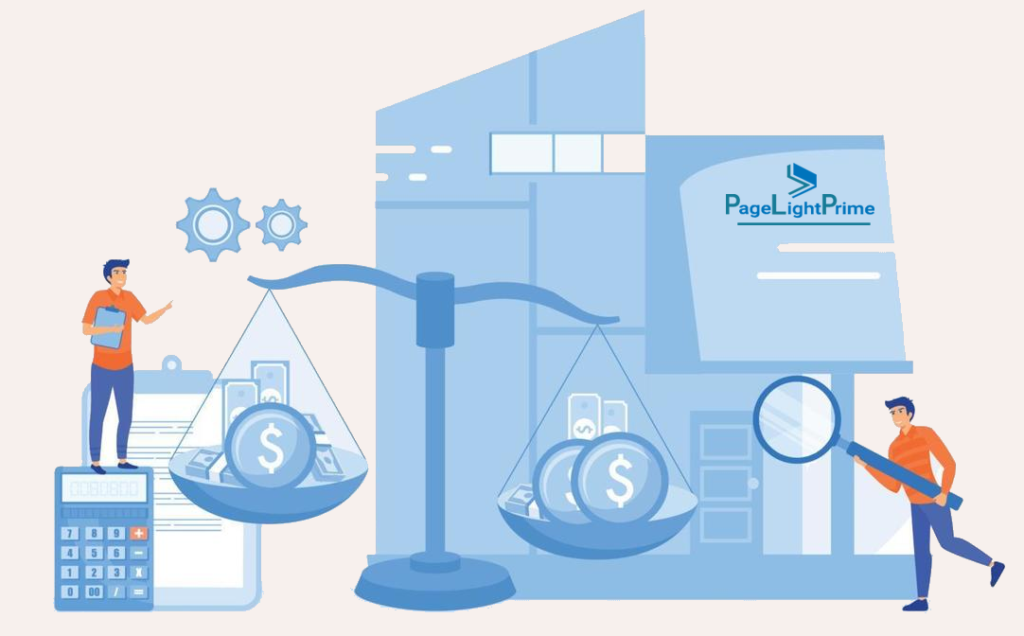
Sending Invitations to External Law Firms
Before embarking on any collaboration, it’s vital to send formal invitations to external law firms. Here’s a comprehensive approach:
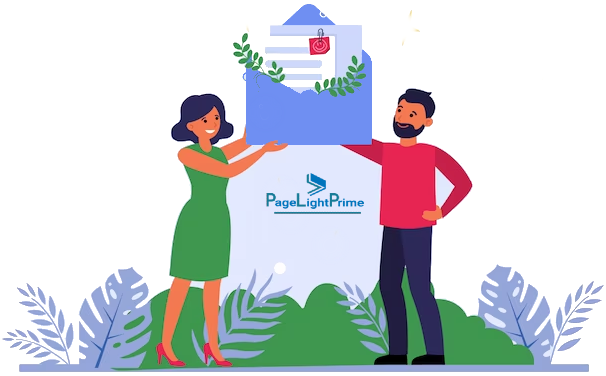
Define the Scope
Clearly outline the scope of work or specific projects that require external legal support. Provide detailed information to ensure a common understanding.
Identify Potential Firms
Research and identify law firms or attorneys with relevant expertise, considering their reputation and alignment with your organization’s objectives.
Request Proposals
Issue requests for proposals (RFPs) to selected law firms, including information about your legal needs, expectations, timelines, and budget constraints.
Evaluate Proposals
Evaluate the received proposals based on criteria such as experience, cost, and availability. Conduct interviews to further assess suitability.
Negotiate Terms
Negotiate the terms of engagement, including rates, billing structures, and any specific requirements.
Formalize the Agreement
Create a formal agreement or engagement letter outlining terms and conditions, including confidentiality and responsibilities.
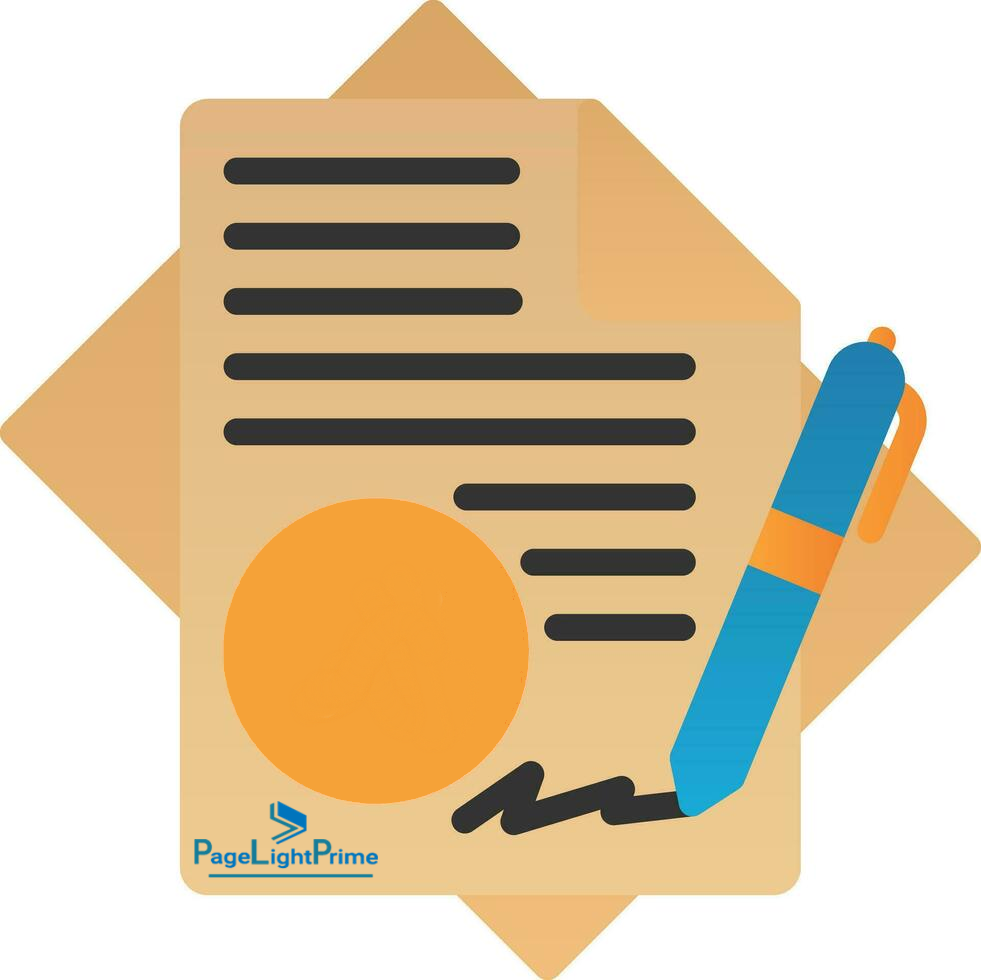
Managing External Timekeepers
Effectively managing external timekeepers (lawyers) from collaborating law firms is pivotal. Here’s how to go about it:
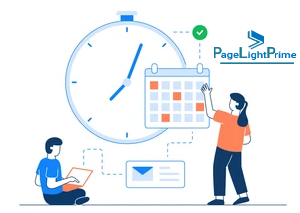
Communication
Establish clear communication channels with external timekeepers, ensuring their understanding of your organization’s protocols and expectations.
Onboarding
Provide essential onboarding materials, access to document management systems, guidelines, and any necessary training or orientation.
Define Roles and Responsibilities
Clearly define the roles and responsibilities of your in-house legal team and external timekeepers to ensure alignment with objectives.
Access Control
Implement access controls within your document management system to restrict external timekeepers’ access to sensitive information.
Time Tracking Tools
Collaborate with external law firms to use compatible time-tracking tools, ensuring accurate tracking of billable hours and expenses.
Regular Updates
Schedule periodic meetings or status updates to monitor case progress, address challenges, and maintain alignment with legal objectives.
Feedback Mechanism
Establish a feedback mechanism for open communication, allowing both parties to provide constructive feedback and make improvements.
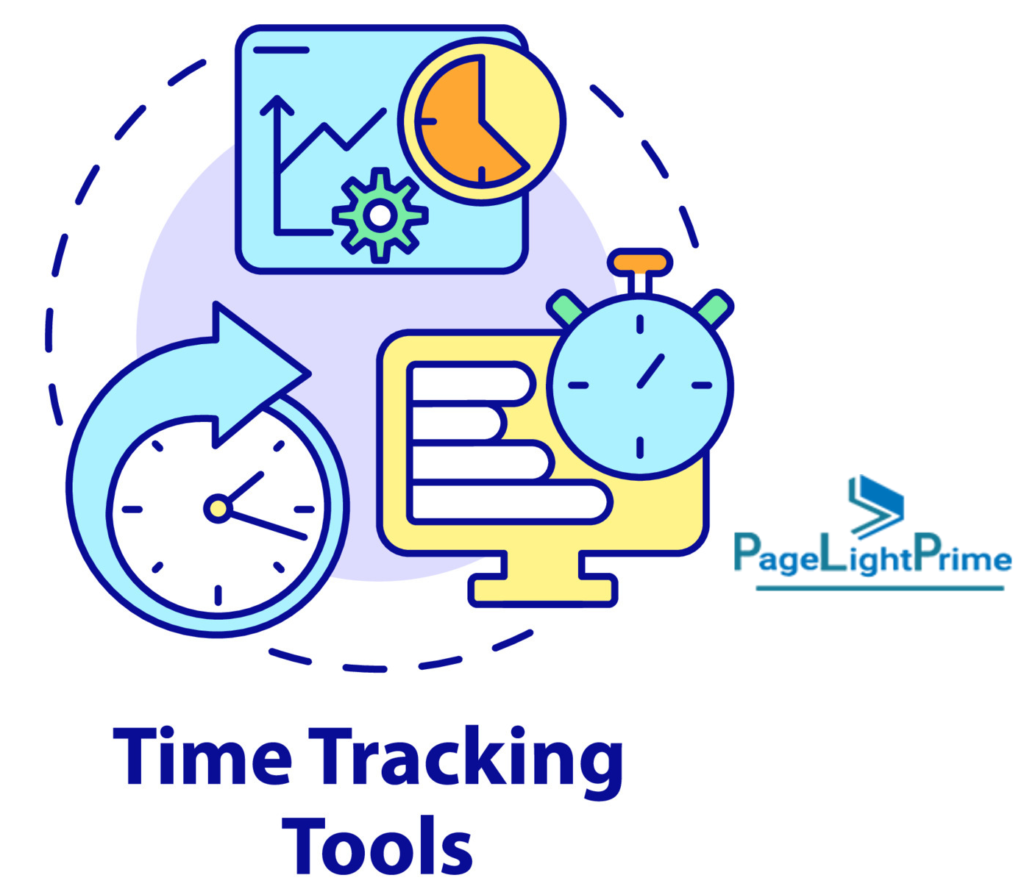
Access to Files
Streamlining access to legal documents is vital for collaboration:
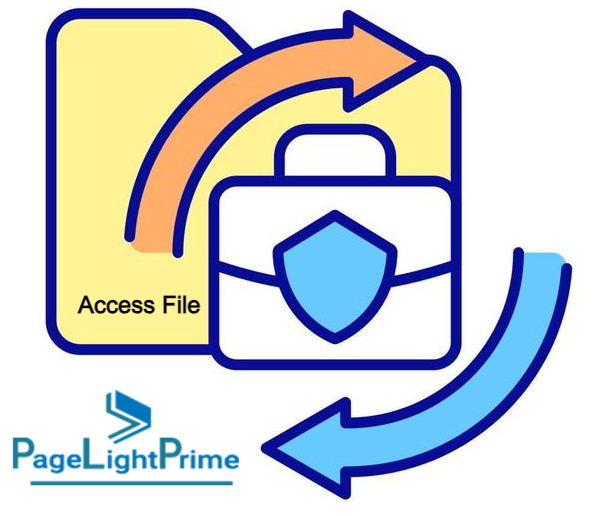
- Utilize secure, cloud-based platforms for centralized document storage, facilitating real-time updates and access from anywhere.
- Implement access controls to safeguard sensitive information and limit access to authorized personnel.
- Foster a culture of sharing and collaboration by ensuring easy file retrieval for all team members involved in a case.
Time Sheet and Expense Submission
Efficient tracking of time and expenses is essential:
- Implement a standardized time-tracking system that both in-house and external lawyers can use.
- Encourage timely submission of timesheets and expenses to maintain accurate records.
- Utilize software solutions to automate the approval and reimbursement process, reducing administrative burdens and errors.
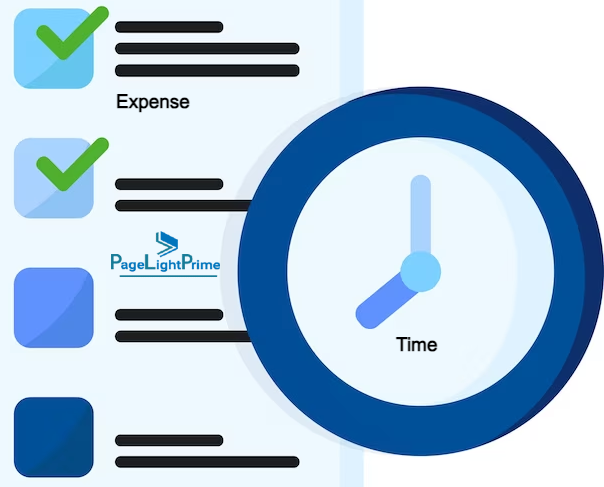
Budget Management
Managing legal budgets effectively is critical:
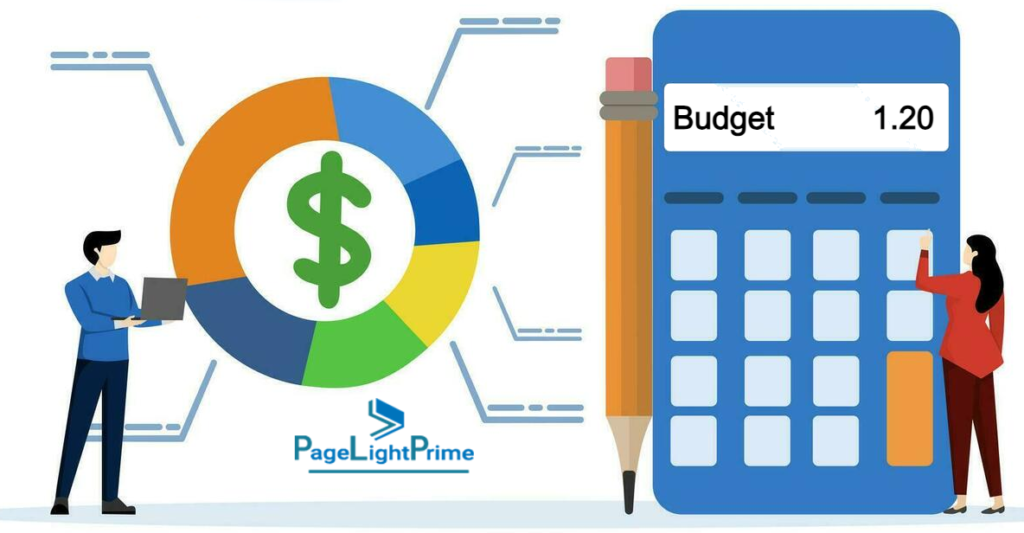
- Define clear budget guidelines and expectations before commencing work with external law firms.
- Regularly monitor budget utilization and communicate openly about any deviations from the plan.
- Foster a culture of financial responsibility by keeping all parties informed about the financial aspects of a case.
Invoice Validation
Validating invoices against agreed-upon rates is vital for cost control:
- Establish predefined billing guidelines and rates to ensure consistency and clarity.
- Review invoices promptly to identify discrepancies or unexpected charges.
- Open a dialogue with external law firms to resolve billing concerns and maintain a transparent relationship.
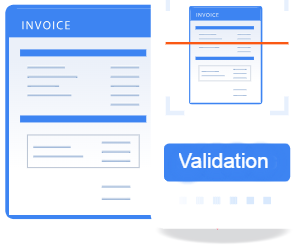
Legal Tech Solutions
Legal technology, or “Legal Tech,” is rapidly transforming the legal industry. These solutions leverage cutting-edge technologies to streamline legal processes, enhance efficiency, and provide better insights for legal professionals. When fostering collaboration between in-house legal departments and external law firms, consider the following Legal Tech solutions:
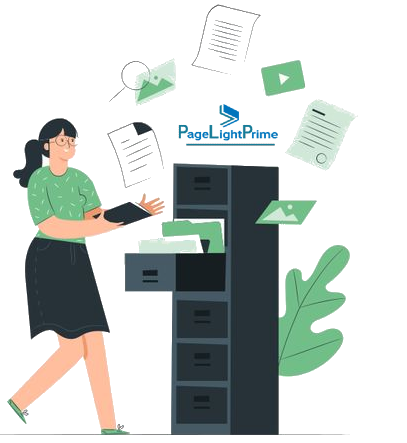
Document Management Systems
Implement advanced document management systems that offer secure, cloud-based storage, real-time access, and collaboration features. These systems ensure that legal documents are readily available to all stakeholders involved in a case.
AI-Powered Legal Tools
Leverage Artificial Intelligence (AI) solutions for tasks such as document review, contract analysis, and legal research. AI can help automate repetitive processes, saving time and reducing errors.
Collaboration and Communication Tools
Use collaboration tools that facilitate real-time communication, file sharing, and project management. These tools improve communication and coordination between in-house teams and external law firms.
E-Billing and Time Tracking Software
Implement software solutions that streamline the submission, approval, and reimbursement of timesheets and expenses. E-billing software ensures accuracy and compliance with budget guidelines.
Legal Project Management Software
Invest in project management tools specifically designed for legal projects. These tools help in planning, monitoring, and controlling legal projects to ensure they stay on track and within budget.
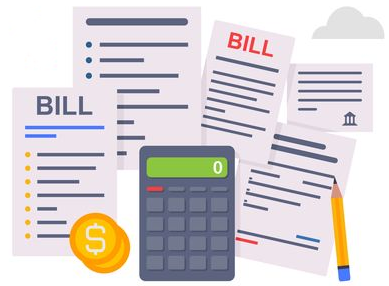
Legal Trends
The legal industry is continuously evolving in response to societal, technological, and regulatory changes. Being aware of the latest legal trends can help in-house legal departments and external law firms adapt and thrive in the modern legal landscape. Some noteworthy legal trends include:
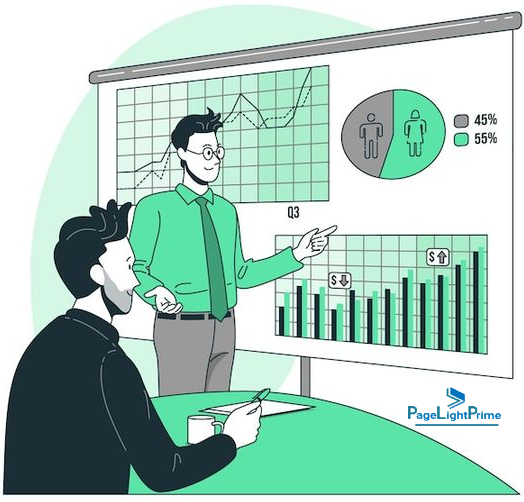
Remote Work and Virtual Law Firms
The legal profession is embracing remote work and virtual law firms. This trend enables greater flexibility, reduces overhead costs, and expands the talent pool by allowing legal professionals to work from anywhere.
Legal Analytics
Legal professionals are increasingly using data analytics to make informed decisions and predict legal outcomes. Legal analytics tools provide valuable insights into case strategies and legal risks.
Privacy and Data Protection
With the growing importance of data privacy, legal teams are focusing on compliance with data protection regulations such as GDPR and CCPA. Ensuring data security is a priority for all legal collaborations.
Diversity and Inclusion
Legal organizations are placing a strong emphasis on diversity and inclusion, both within their own teams and when selecting external law firms. This trend reflects the commitment to creating a more equitable and representative legal industry.
Sustainability and ESG (Environmental, Social, Governance)
Many legal departments are incorporating sustainability and ESG factors into their decision-making processes. Collaborations with external law firms may involve addressing sustainability and ESG issues.
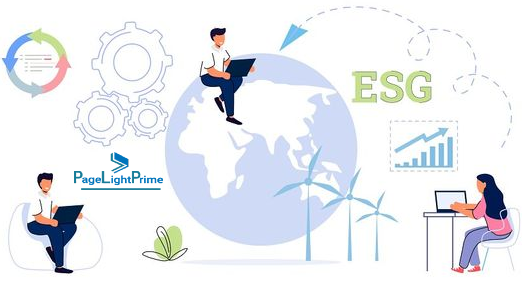
Case Law and Ethics
Adherence to case law and ethical standards is fundamental in legal collaborations. Legal professionals must ensure that their work aligns with the following principles:
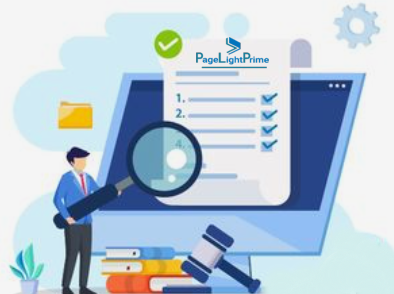
Case Law Compliance
Legal professionals must be well-versed in relevant case law and court decisions to inform them of their strategies and decisions. Failing to consider precedent can have legal consequences.
Confidentiality and Privilege
Upholding client confidentiality and attorney-client privilege is paramount. This includes safeguarding sensitive information, communications, and work product from unauthorized access.
Conflict of Interest
Legal professionals must avoid conflicts of interest, ensuring that their decisions are solely based on the best interests of their clients and the law.
Professional Responsibility
Legal practitioners are bound by professional codes of conduct and ethics. They should act with integrity, honesty, and professionalism in all aspects of their work.
Informed Consent
Collaborations should be based on informed consent, meaning all parties understand the terms, responsibilities, and implications of the collaboration.

Challenges and Solutions
Collaborations between in-house legal departments and external law firms can encounter various challenges. Identifying these challenges and implementing solutions is essential for successful partnerships. Some common challenges and solutions include:

Communication Gaps
Challenge – Inadequate communication can lead to misunderstandings and inefficiencies. Solution – Implement regular check-ins, clear communication protocols, and project management tools to enhance communication.
Budget Overruns
Challenge – Legal budgets may exceed expectations. Solution – Define clear budget guidelines, continuously monitor spending, and promptly address deviations from the plan.
Conflict Resolution
Challenge – Disputes may arise during the collaboration. Solution – Establish a clear dispute resolution mechanism in the engagement agreement, and ensure all parties understand the process for addressing conflicts.
Security Risks
Challenge – Sensitive legal information can be vulnerable to security breaches. Solution – Implement robust data security measures, access controls, and encryption to protect sensitive data.
Regulatory Changes
Challenge – Changes in laws and regulations can impact legal strategies. Solution – Stay updated on legal developments and adjust strategies accordingly, while ensuring compliance with new regulations.
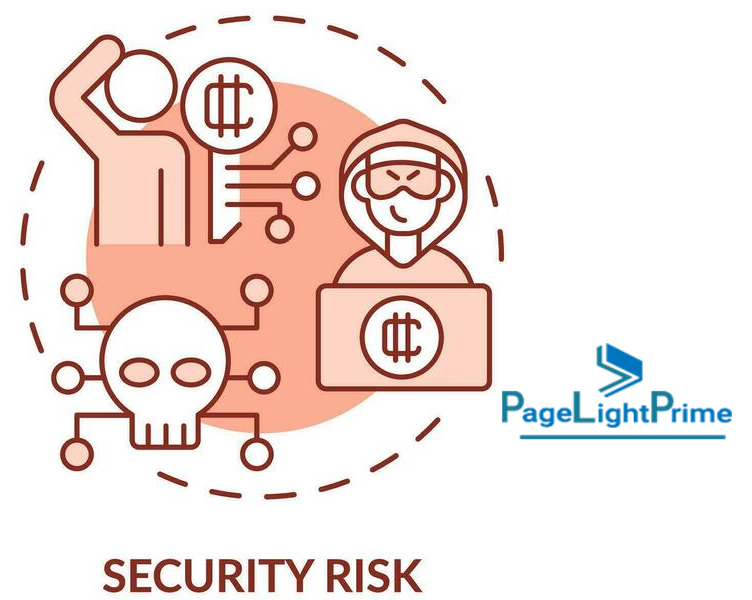
Conclusion
Collaboration between in-house legal departments and external law firms is multi-faceted. By sending well-considered invitations, effectively managing external timekeepers, ensuring easy file access, tracking time and expenses efficiently, managing budgets, and validating invoices transparently, legal teams can work together seamlessly, optimizing their collective efforts for better legal outcomes while maintaining financial accountability and transparency in their partnerships. These steps set the foundation for a successful and productive collaboration in today’s complex legal environment.
